6. The Passenger (Michelangelo Antonioni, 1975)
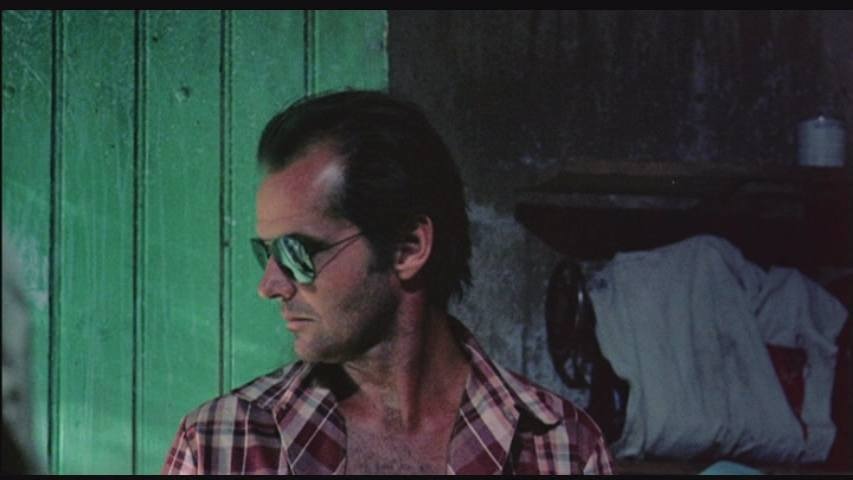
The Passenger is quite surprisingly overlooked, considering that it comes from a director as known as Antonioni, because it’s English as opposed to Italian, and mainly because it stars Jack Nicholson in the leading role… how has this one not caught on? Antonioni is, of course, most well known for his alienation trilogy of L’Avventura, La Notte and L’Eclisse from the early 1960s, and as great of a trilogy as those three make, The Passenger could be the best thing Antonioni ever crafted.
It is an eerily patient thriller about a man who finds a look-a-like of his dead, and so, takes on his life for him from that moment on. To make matters worse, it turns out the man who he has chosen to become is an arms dealer, and so, it isn’t long before both the police and groups of gangsters are out looking for Nicholson’s David Locke.
With some of the most meticulous and brilliant cinematography of all time, this inescapable control over tone and mood and atmosphere that Antonioni uses to completely capture the viewer and their imagination and an astounding performance from Jack Nicholson in the leading role, The Passenger – like every other film on here – is not a film to be missed. Indicator did recently give it a Blu-Ray treatment, so it is more available right now than it has ever been… no excuses to sleep on it anymore!
7. Polyester (John Waters, 1981)
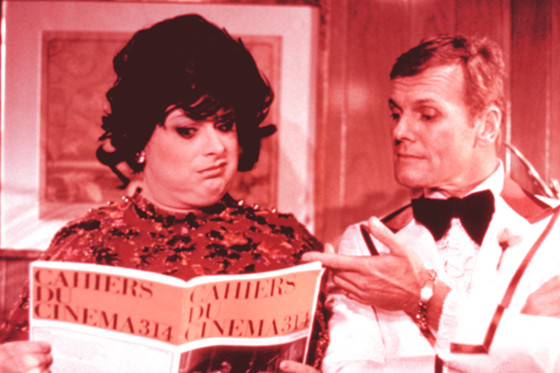
John Waters certainly had a colourful career, and Polyester is one of his most luminous films. Introducing the world to Odorama which is exactly what you think – Waters becoming intent on even bringing you the smell of his frequently revolting on-screen atrocities as well as the unforgettable visuals that always engrave their way into your brain – and then taking the Hollywood Melodrama template and bastardising it with his typical antics, this is just another phenomenal, hilarious Waters satirical masterwork.
As well as being Waters best film, the film also features Divine’s best performance as the housewife who just can’t catch a break from the malicious world she finds herself trapped in by her husband and her children. It’s John Waters’ All That Heaven Allows – you don’t need anything more than that, and it has just received the Criterion treatment, so it has become infinitely more accessible!
8. Youth Without Youth (Francis Ford Coppola, 2007)
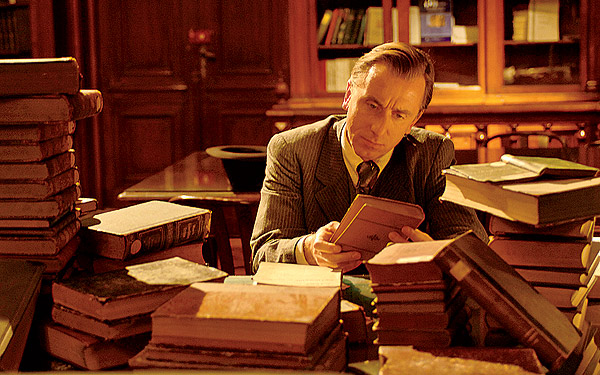
Francis Ford Coppola has really had a strange career. Accidentally blasting himself to Hollywood stardom with The Godfather – a film he only really set out to make to fund other projects that went on to become perhaps the single most acclaimed film ever made – and its sequel two years after, and then using the money he made from these to start making his own passion projects (Apocalypse Now, One from the Heart, Rumble Fish, The Outsiders – ’80s Coppola really was the best) before crash-landing in the 1990s after making Jack (a film in which a group of children, alongside Robin Williams and Bill Cosby, spend an entire scene farting in a treehouse and laughing… yes, really).
After making nothing for a decade, Coppola came back to cinema with Youth Without Youth, one of the most surprising comeback films of recent memory, maybe of all time. Starring Tim Roth as a seventy year old man struck by lightning who subsequently mysteriously de-ages to around 40, the film is inexplicably gorgeous, filmed with cameras and lenses that seem to soak up this slightly artificial colour that pops more than technicolour ever could.
It only gets better from there, though, as Coppola evidently spend the majority of his ten years missing working on a plethora of wondrous ideas, and then proceeds to throw them all at his unassuming audience at once and lets them juggle as the film roars on. It’s a seriously touching romance, a bizarre superhero film inspired by Benjamin Button and a surrealist’s wet dream rolled into one puzzling yet glorious masterpiece, and it’s a film that only someone like Francis Ford Coppola could have ever really made.
9. Antigone (Jean Marie Straub and Daniele Huillet, 1992)
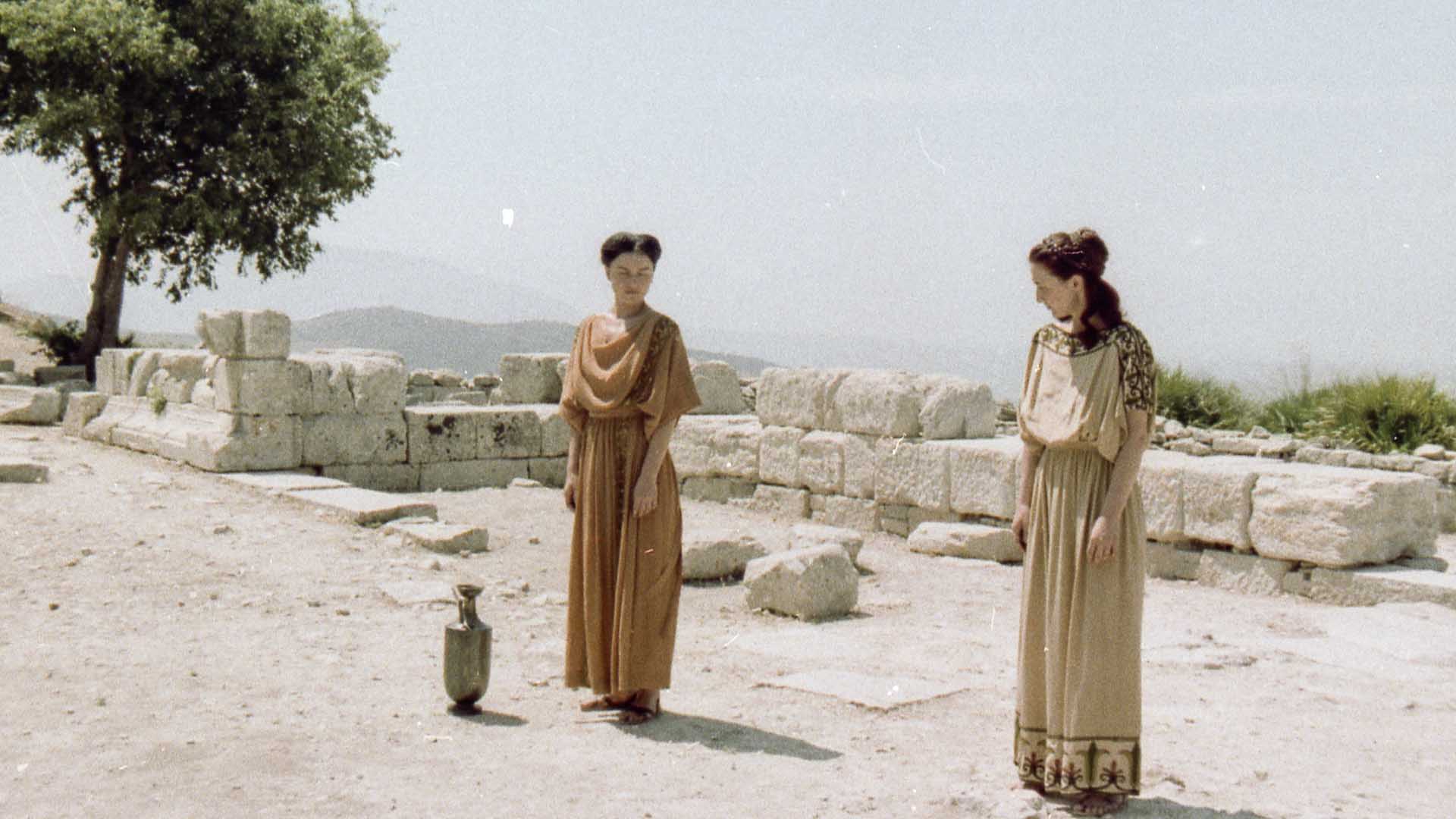
So, Straub and Huillet are really the exceptions to this rule. Barely any of their films are at all popular, however, this is where just looking at overlooked masterpieces come into play a little bit more – trust me, the film is more than worth the deviation from the point of the list! Mostly following a debate between a King and a young woman caught trying to give her brother a funeral of sorts (against the King’s wishes), intently emphasising every word into this infallible drama of rebellion.
As can be expected with Straub and Huillet, it takes a lot of energy to keep up with, but this one isn’t strict about handing out rewards to those patient viewers who manage to stick with the rapid fire subtitle-reading. This is also maybe the one and only Straub/Huillet film that could be classified as a straight thriller, with this argument being so entrancing. It’s a very hard film to find, but more than worth trying to seek out – the same can be applied to most any Straub/Huillet film.
10. Spider (David Cronenberg, 2002)
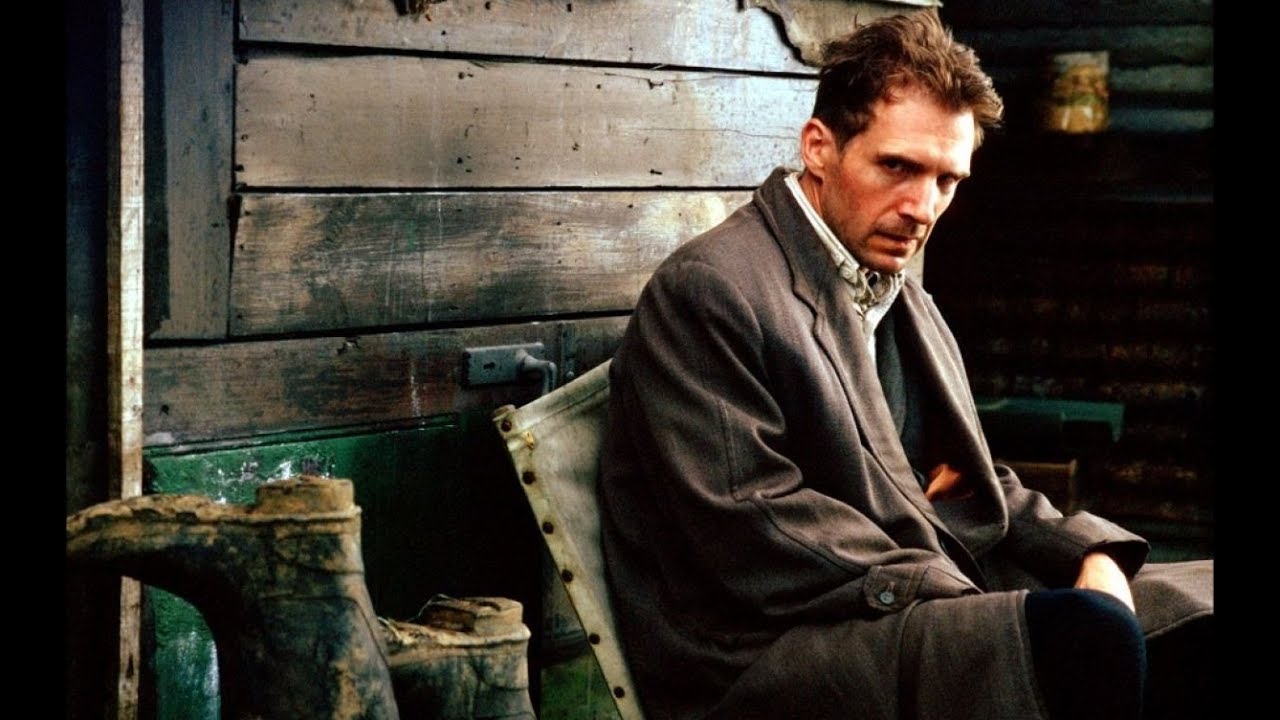
David Cronenberg is most definitely one of the most beloved horror directors of all time, cited alongside the likes of George A. Romero, Wes Craven and Dario Argento just to name a few, but even a name so hailed as a master can’t be successful with every film they release, and Spider seems to be the one Cronenberg that really stands out as one that slipped under the radar of most Cronenberg fans.
Starring Ralph Fiennes in an unsurprisingly stirring performance and one of Cronenberg’s most deliriously disturbing stories to date, Spider is one to be seen more than read about as so much of the film’s impact hinges on the audience being actively involved in the atmosphere that the film is trying to create. It’s certainly a mood piece, but it has as much power as some of Cronenberg’s most famous, including Scanners and The Fly – it’s well worth watching for any horror or psychological thriller fan.